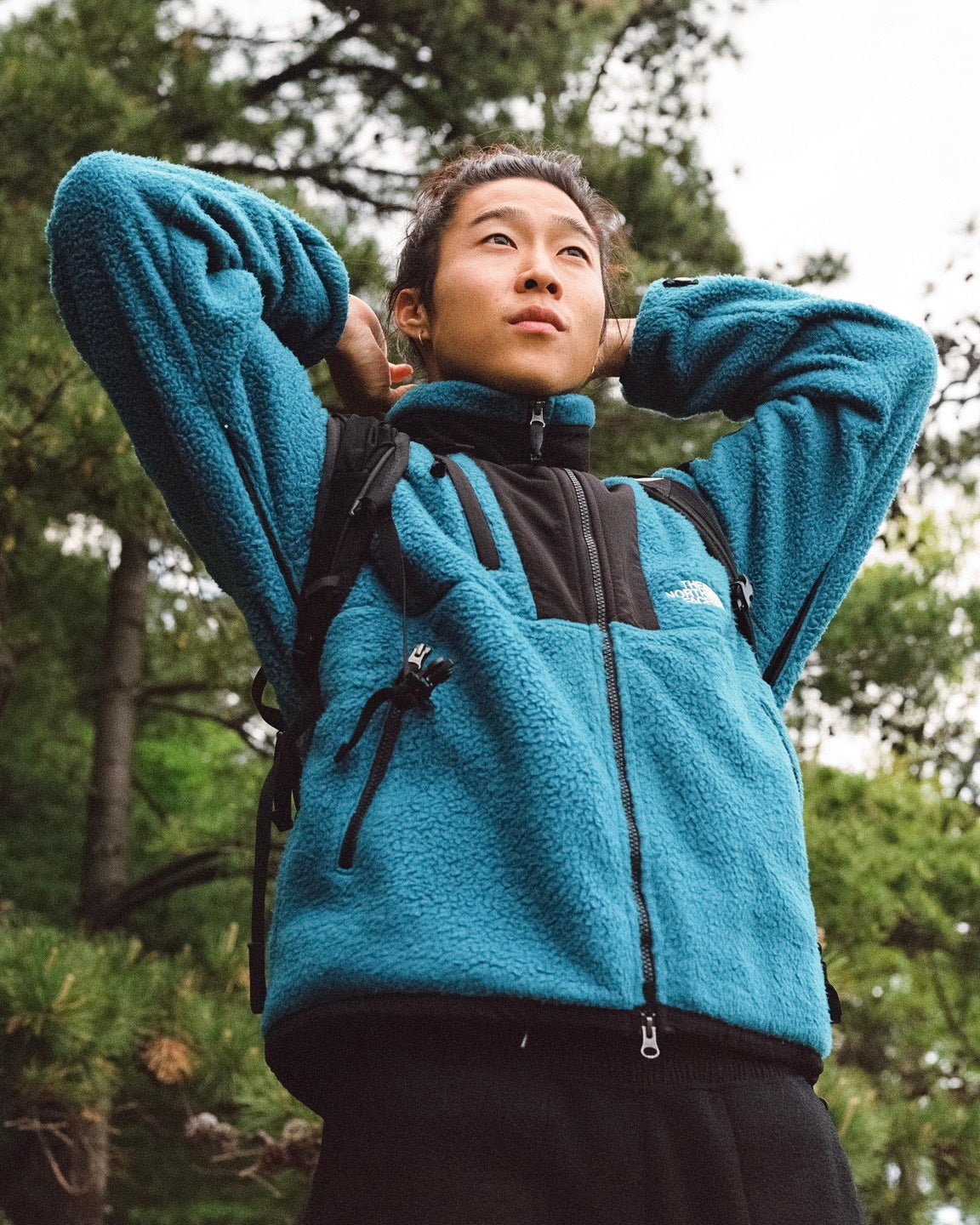
The ‘Renewed Take Back’ resale initiative by The North Face allows customers to return unwanted items to stores in return for credit. The items are then shipped to The North Face Renewed where they are given a second life.
The returned items will be refurbished and resold. If they can’t be repaired The North Face will recycle or donate them as part of the company’s commitment to circularity.
“Here, gear is given a second chance. It’s inspected, washed, tuned up and ready to be resold to hit the trail—again,” the outdoor brand says on its website.
Consumers can join the retailer’s ‘XPLR Pass’ and when they trade in old gear, they will receive a US$10 credit, valid online and in stores.
“More sustainable exploration (and complete circularity) starts with better designs,” The North Face says. “Our first Circular Design products, crafted to be recyclable at the end of their usable lives, are launching in Fall 2022. The entire life cycle of this gear has been considered. From selecting materials that help us minimise waste to designing products in a way that helps maximise the recyclability of the components, this gear is built to live on after a life on the trails.”
In stores, this gear will feature a ‘Circular Design’ hangtag making them easy to spot. They’ll provide information on the specific product, also where consumers can go to on The North Face site to learn more about the brand’s sustainable commitments.

US Tariffs are shifting - will you react or anticipate?
Don’t let policy changes catch you off guard. Stay proactive with real-time data and expert analysis.
By GlobalDataThe Circular Fashion Index (CFX) from Kearney measures a brand’s efforts to extend the lifecycle of a product. 150 global brands were assessed from 20 countries, over six categories, including luxury, premium and affordable luxury, mass market, fast fashion, sports, outdoor lingerie and underwear.



